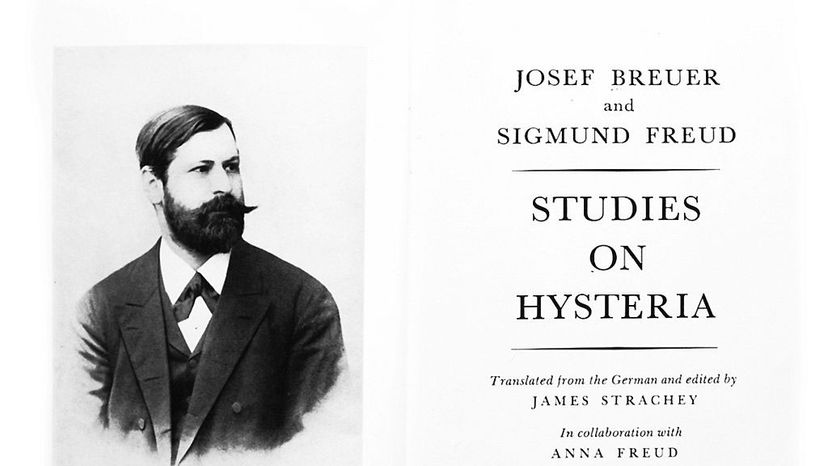Freud Rebuffed

Despite Freud's prominence, today many of his theories are considered rubbish. Harmful, even. In 1996, the journal Psychological Science went so far as to say, "here is literally nothing to be said, scientifically or therapeutically, to the advantage of the entire Freudian system or any of its component dogmas" [source: Dvorsky].
Most concerning is that many of Freud's theories — even the well-known Oedipus Complex — are just that: theories. There is no hard science or clinical trials to back them up. Most of his theories came from observing a handful of people, usually just himself and his patients, who were mostly middle-aged Viennese women, and then generalizing to the world. Some theories were derived from observing just one patient. And despite his numerous theories about kids, he only studied one child over his entire career ("Little Hans") [source: McLeod].
Advertisement
Then there's the sex. Freud's theories often centered around the sexual origins of a patient's problem, which caused a lot of issues for him. During his lifetime, the majority of his peers thought he was too obsessed with the subject. In fact, his close colleague, Josef Breuer, eventually ended their partnership over this. Breuer felt that Freud put too much emphasis on a sexual explanation for various neuroses, and he was frustrated because Freud absolutely refused to investigate other reasons for his patients' illnesses [source: Biography].
While sex-based theories aren't automatically incorrect, today women scoff at Freud's notion that all females have penis envy, and doctors say kids don't go through oral, anal, phallic, latent and genital stages. Nor is homosexuality the result of a person being unable to reconcile the anal stage, another of Freud's theories. And if you happen to tell your neighbor you're collecting money for the Tats for Tots program instead of Toys for Tots, it doesn't have to mean you want to give a toddler a tattoo. Sometimes we simply make slips of the tongue that don't reveal any unconscious, repressed thoughts.
Additionally, we know a lot more about brain chemistry than we did 60 years ago. So, while in the 1950s, psychoanalysis might have been the main or only way to treat depression, there are many medications that can be given today to help with this condition.